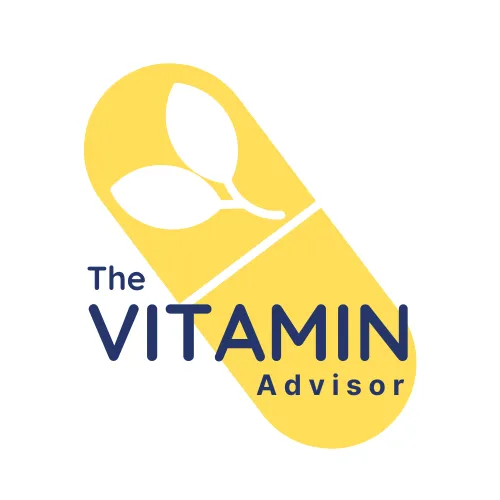

Bridging the Gap: How Dietary Supplements Can Enhance the Standard American Diet
Introduction
In today's fast-paced world, the convenience of processed foods and the demands of modern life have led many Americans to adopt a diet that lacks essential nutrients. The standard American diet, often abbreviated as SAD, is characterized by its high consumption of refined sugars, unhealthy fats, and low intake of fruits, vegetables, and lean proteins. While striving for a balanced diet should always be the primary goal, dietary supplements can play a vital role in filling the gaps left by our dietary choices and constraints. In this article, we will explore how dietary supplements can complement the standard American diet and support overall health and well-being.
Understanding the Standard American Diet
The standard American diet is rich in energy-dense, nutrient-poor foods, contributing to an increased risk of chronic health conditions such as obesity, heart disease, and diabetes. A significant portion of this diet lacks vital vitamins, minerals, and other essential nutrients necessary for optimal bodily function.
The Role of Dietary Supplements
Nutrient Deficiency Mitigation: Supplements can help bridge nutritional gaps by providing essential vitamins and minerals that may be lacking in the SAD. Nutrients like vitamin D, vitamin B12, magnesium, and omega-3 fatty acids are commonly deficient in this diet. Supplements can help individuals meet their recommended daily intakes for these nutrients, promoting better overall health.
Antioxidant Support: Fruits and vegetables are the primary sources of antioxidants, which play a crucial role in protecting our cells from oxidative stress and inflammation. Since the standard American diet often falls short in these areas, supplements containing antioxidants like vitamins C and E can help neutralize harmful free radicals and support immune function.
Gut Health Enhancement: A lack of dietary fiber and diverse plant-based foods can lead to poor gut health. Probiotic and prebiotic supplements can help support a healthy gut microbiome, aiding digestion, nutrient absorption, and even influencing mood and cognitive function.
Bone Health: The SAD is often deficient in calcium, magnesium, and vitamin D, all of which are crucial for maintaining strong bones and preventing conditions like osteoporosis. Calcium and vitamin D supplements can assist in ensuring optimal bone health, especially for those who may not consume enough dairy products or sunlight exposure.
Energy and Vitality: B-vitamins are essential for energy production and metabolism. Since processed foods in the SAD are often lacking in these vitamins, supplements can provide an energy boost by aiding in the conversion of food into usable energy.
Heart and Brain Health: Omega-3 fatty acids, commonly found in fatty fish, are essential for heart and brain health. However, their consumption is often inadequate in the standard American diet. Omega-3 supplements can contribute to reducing inflammation, improving lipid profiles, and supporting brain and cardiovascular health.
Conclusion
While dietary supplements should not be seen as a substitute for a balanced diet, they can play a valuable role in filling nutritional gaps that the standard American diet often leaves behind. To maximize their benefits, it's important to consult with a healthcare professional if you have health concerns before incorporating supplements into your routine, as individual needs can vary significantly.
In an ideal world, a shift towards a diet rich in whole, nutrient-dense foods may render the need for supplements unnecessary. However, since that is not a widespread reality, judiciously chosen supplements can be a practical solution to enhance the nutritional quality of the standard American diet and promote better health and vitality.
“Office of Dietary Supplements - Nutrient Recommendations and Databases.” NIH Office of Dietary Supplements, ods.od.nih.gov/HealthInformation/nutrientrecommendations.aspx. Accessed 8 Aug. 2023.
© Copyright 2023 The Vitamin Advisor / Privacy Policy / Disclaimer

